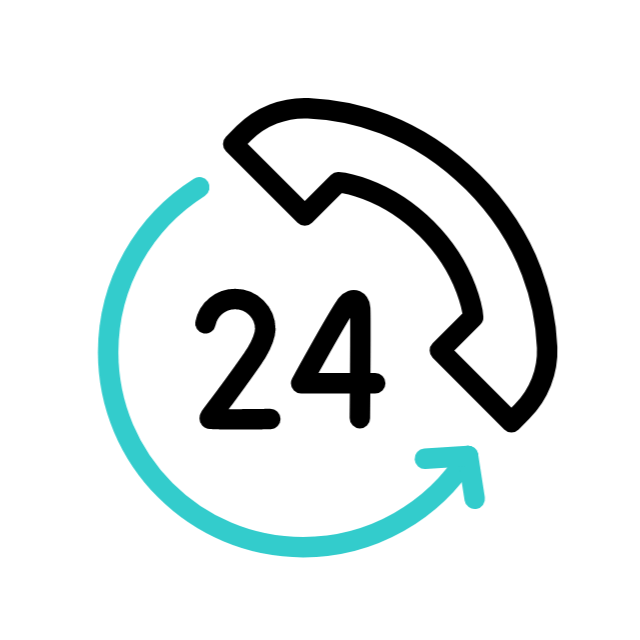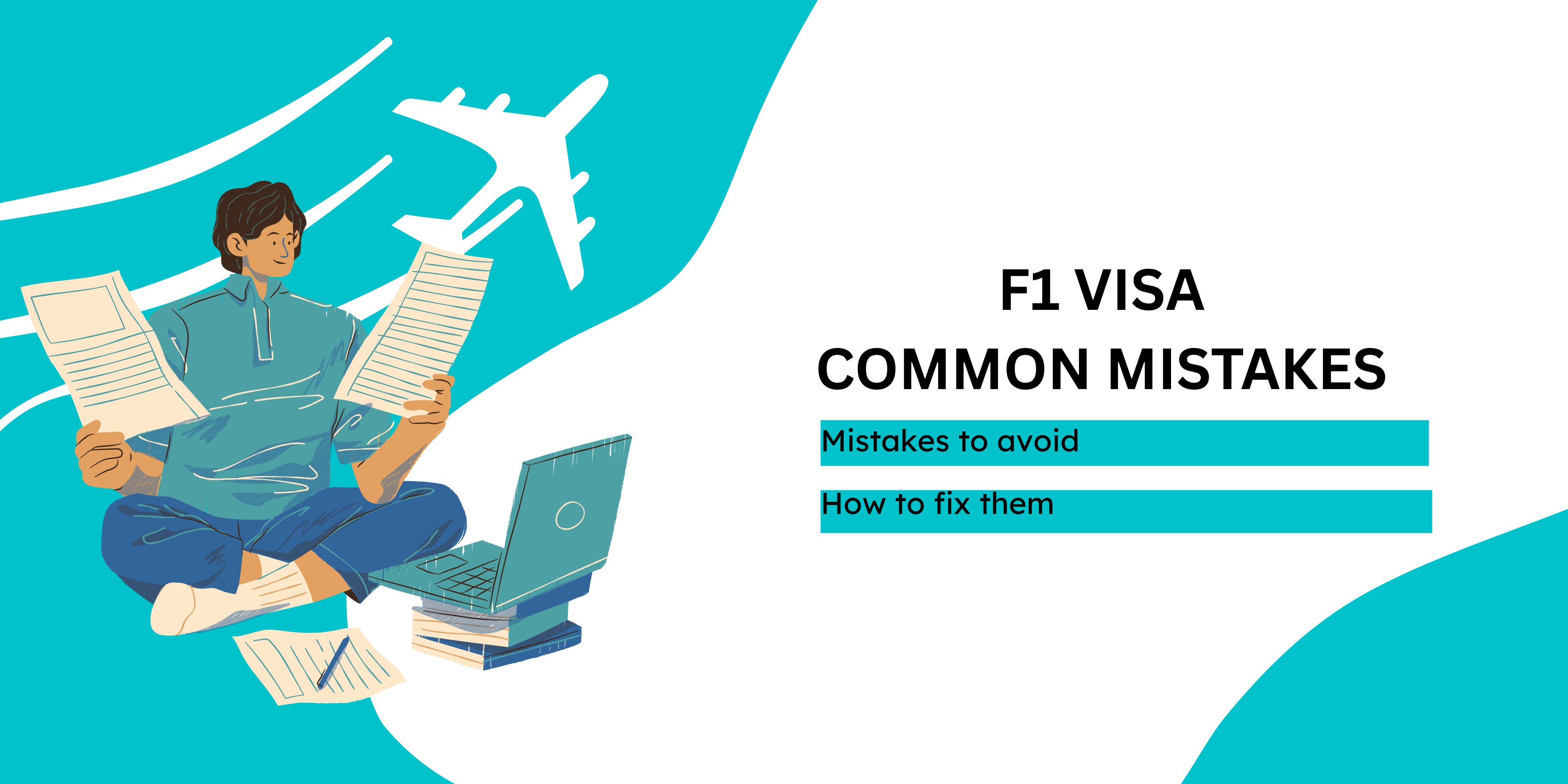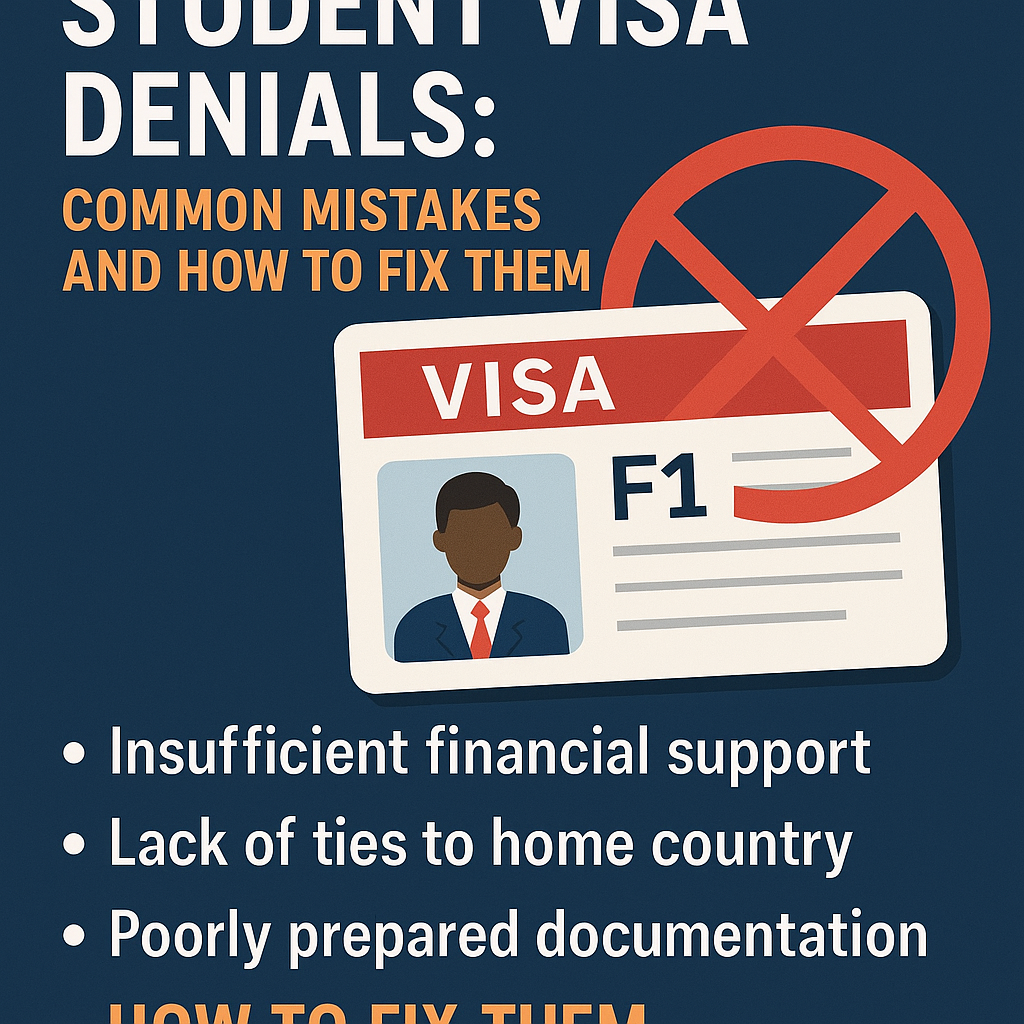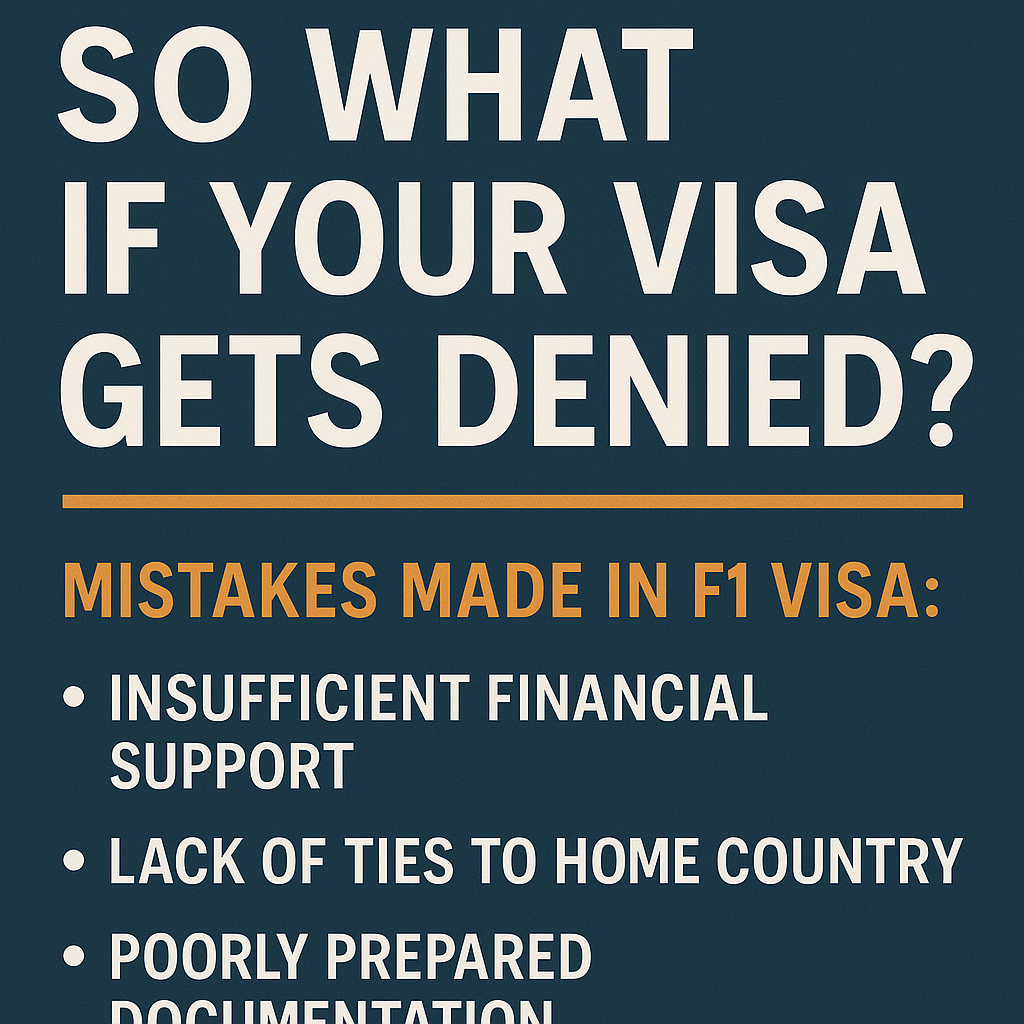1. Messy or Incomplete Paperwork
Let’s start with the basics: your documents need to be spot-on. I’ve come across people who missed signatures, submitted expired documents, or filled in forms with contradictory information. These small mistakes can lead to a straight-up denial.
What to do: Take your time reviewing everything. Make a checklist of required documents. Double-check dates, spelling, and consistency across all your forms and paperwork. If you're unsure, ask someone to review them with you.
2. Weak Financial Documentation
One major red flag for visa officers is not being able to prove that you can afford your education and stay. It’s not just about having money in the bank—it’s also about showing clear, traceable financial support.
Tip: Submit well-organized, official bank statements. If someone is sponsoring you, include their income proof and a clear letter of support. Avoid submitting unclear or rushed financial documents—visa officers are trained to spot these instantly
3. Unclear Intentions or Weak Ties to Home
Visa officers need to believe that you're going abroad to study and that you’ll return home after finishing. If your application or interview makes it seem like you're planning to stay permanently, that’s a problem.
How to fix it: Be clear about your goals. Make it clear how your education abroad will help you build a successful future once you return home. Mention family ties, job opportunities, or anything else that shows you’re likely to return after your course.
4. Poor Interview Preparation
This stage can be the deciding factor in whether your application succeeds or fails. Some students underestimate how important the visa interview is. Nervousness , inconsistent answers, or not being able to explain your study plans can lead to rejection.
Advice: Consider the interview as a formal conversation where you represent yourself and your plans. . Practice answering questions about your university, your course, your finances, and your plans after graduation. Be honest, calm, and confident.
5. Applying to Dubious or Low-Ranked Institutions
Visa officers also look at where you’re going. If the institution doesn’t have a good reputation, or has been flagged in the past for unethical behaviour, your visa might get rejected even if everything else is fine.
Suggestion: Do your homework. Choose a recognized university or college. It’s not just about rankings it’s about legitimacy and whether the school has a track record of following visa rules.
6. Education Gaps or Sudden Career Changes Without Explanation
If you’ve taken a long break from studying or suddenly switched fields, that’s okay but you need to explain it. Otherwise, it can look like you’re just using education as a way to move abroad.
What helps: Write a strong statement of purpose. Be honest about your gap years or career shift, and connect it to your new goals. Demonstrate that you’ve carefully considered your choices and have a clear strategy







